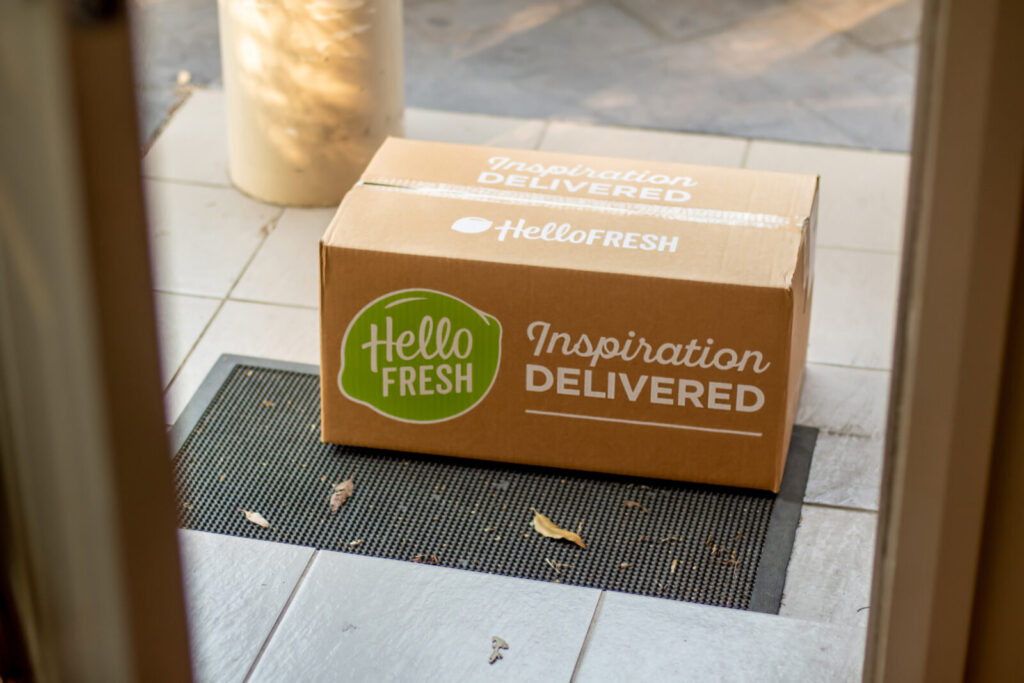Brief • 4 min Read

A recent study by The Harris Poll on behalf of Fast Company found that while most Americans feel about the same or better than they did this time last year, one-third of the country is still suffering from seasonal depression.
Perhaps it’s the rollout of a vaccine, a change in government, or the promise of a new year, but despite the pandemic, most Americans feel about the same or better right now than they did during this time of year in previous years. In fact, three-quarters (75%) of Americans say that they feel emotionally about the same or better this time of year in 2021 than they have felt during this time of year in previous years. Nearly four in ten (79%) Americans also say their sense of purpose in life is stronger than or about the same as it was during this time in 2020.
Even so, one-third (33%) of Americans are still suffering from seasonal depression. Winter weather is the primary reason for their depression, with most saying they feel most depressed because it gets dark outside too early (54%) and because of the cold weather (50%).
They also perceive this time of year as a letdown compared to the excitement of the holidays. Over a quarter say they feel most depressed this time of year because of post-holiday blues (31%), nothing to look forward to after the holiday (28%), and less time with family and friends compared to the holidays (26%).
(It’s worth noting that within this group, 28% also suffer from depression in general.)
Those below the retirement age (<65 years) and, more specifically, the employed express more feelings of depression during this time of year (both 38%). While the cold weather (49%), early darkness (48%), and post-holiday blues (32%), were top reasons for this group, 40% of employed Americans also say one of the reasons they feel most depressed is due to returning to work after the holidays.
Parents echo these sentiments. Nearly half (45%) of all parents of children under 18 say they normally feel depressed during this time of year. In addition to the weather, they cite returning to work after the holidays (41%) and post-holiday blues (38%) as top reasons for their depression. In fact, they mention returning to work as a reason for depression twice as often as those without children under 18 (41% vs. 19%, respectively).
Although employees may not be eager to return to the office after the holidays, 41% do feel their sense of purpose at work is stronger than it was at this time one year ago.
Men and women who suffer from seasonal depression also experience this time of year differently. Women appear more affected by the weather than men. Aside from general depression, women more frequently mention cold weather (62% women vs. 42% men) and early darkness (62% of women vs. 37% of men) as the primary causes of their depression.
More often than women, men cite returning to work (42% men vs. 19% women) and post-holiday blues (40% men vs. 24% women) as their primary sources of depression. Despite low excitement to get back to work, men still feel a stronger sense of purpose at work (44% men vs. 37% women) and in life generally (39% men vs. 31% women) compared to this time last year.
Americans appear to have tried-and-true methods for handling seasonal depression even during a pandemic. Those suffering from seasonal depression plan to do what they’ve always done to boost their moods during this time of year. Top activities include binge-watching TV shows and movies (40%), socializing with family and friends (37%), reading a good book (35%), spending more time with a significant other (35%), and exercising more often (28%).
Further underscoring different gendered experiences with depression, women plan to rely more on socialization and at-home entertainment while men prefer to get out of the house to alleviate depression. Women significantly prefer to binge-watch TV shows and movies (45% women vs. 34% men) and socialize with friends and family (42% women vs. 30% men). Men prefer to travel or plan a trip (32% men vs. 21% women); attend live events like concerts, plays, and sports (25% men vs. 11% women); and go to the movies (24% men vs. 14% women).
Of course, the pandemic has influenced how often Americans suffering from seasonal depression will engage in joy-seeking activities. This year, fewer Americans say they will socialize with family friends (50% previous years vs. 37% this year) or plan a trip (32% previous years vs. 25% this year) to improve their mood.
Despite their reduced, expected frequency, these more entertaining opportunities are preferable to seeking counseling or professional help, something only a fifth of Americans regularly do to deal with seasonal depression (19% in past years, 21% this year).
Methodology
This survey was conducted online within the United States by The Harris Poll on January 8-11, 2021, among 1,018 U.S. adults ages 18 and older. This online survey is not based on a probability sample and therefore no estimate of theoretical sampling error can be calculated. Figures for age, sex, race/ethnicity, education, region and household income were weighted where necessary to bring them into line with their actual proportions in the population. Propensity score weighting was used to adjust for respondents’ propensity to be online. For more information on methodology, please contact Dami Rosanwo.
Subscribe for more Insights
Subscribe to our newsletter for the latest trends in business, politics, culture, and more.
Download the Data
Get the full data tabs for this survey conducted online within the United States by The Harris Poll on behalf of Fast Company between January 8-11, 2021, among 1,018 U.S. adults ages 18 and older.
Download
Subscribe for more Insights
Subscribe to our newsletter for the latest trends in business, politics, culture, and more.
Download the Data
Get the full data tabs for this survey conducted online within the United States by The Harris Poll on behalf of Fast Company between January 8-11, 2021, among 1,018 U.S. adults ages 18 and older.
DownloadRelated Content








